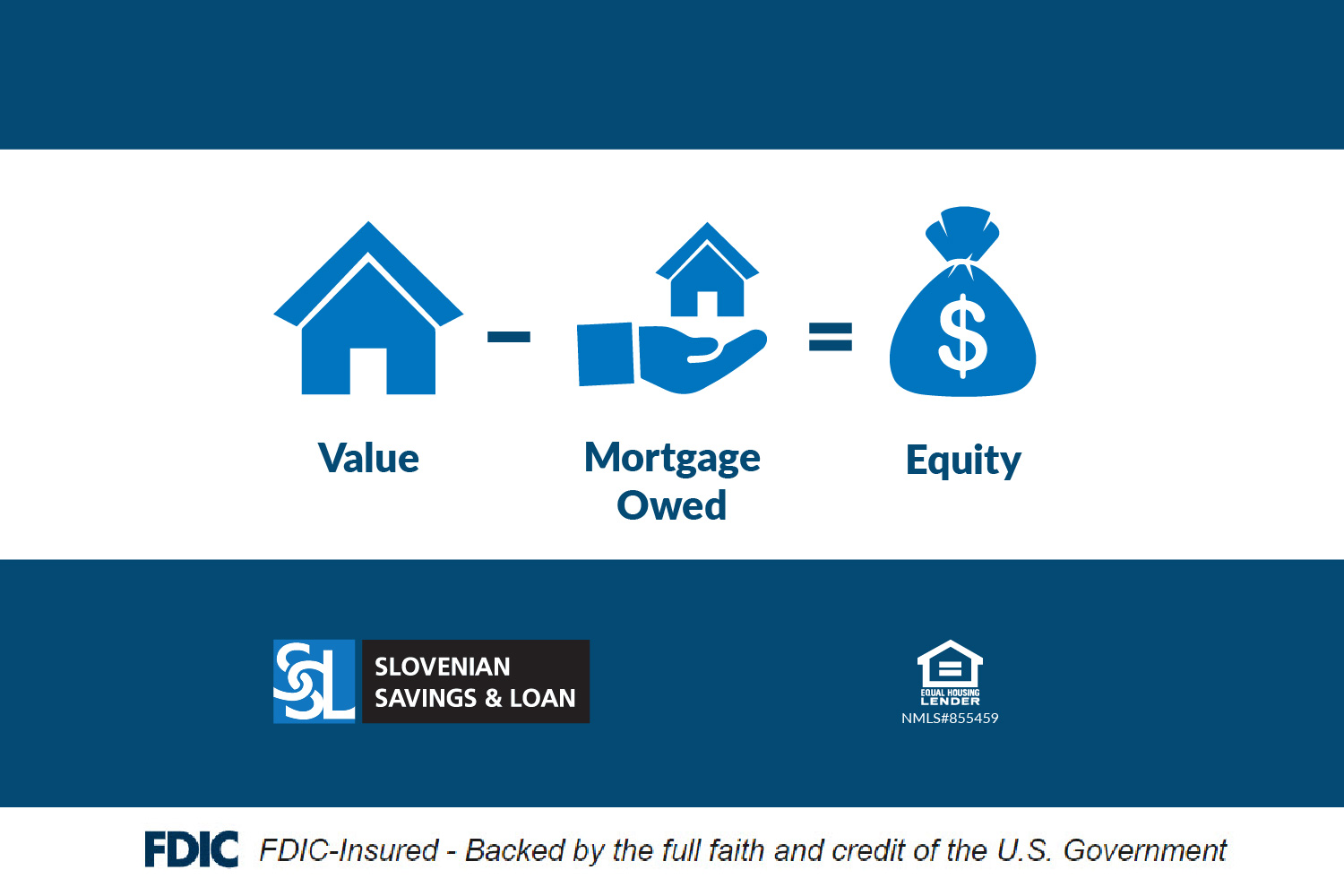Exploring the Various Sorts Of Equity Release Mortgages Available Today
Equity Release home mortgages present various alternatives for homeowners aged 55 and over. equity release mortgages. These financial products deal with different requirements and preferences, enabling people to gain access to funds from their property. From life time mortgages to shared recognition mortgages, each kind supplies distinct benefits. Recognizing these alternatives is important for making notified decisions. What aspects should one think about when selecting the most suitable equity Release plan? The information that comply with might clarify this crucial topic
Comprehending Equity Release Mortgages
Equity Release home mortgages give property owners, commonly those aged 55 and over, with a means to access the worth bound in their residential property without needing to market it. This monetary option permits individuals to convert a section of their home equity right into cash, which can be used for various purposes, such as home improvements, settling financial obligations, or funding retirement.Equity Release can take different types, however it essentially includes borrowing against the value of the home while maintaining ownership. Property owners can select to receive a round figure or a collection of smaller sized settlements, depending upon their monetary needs and preferences.Additionally, the amount offered for Release is influenced by the residential property's worth, the house owner's age, and specific lender criteria. In general, recognizing equity Release home loans is essential for home owners to make enlightened decisions about using their home's equity while considering the lasting ramifications.
Life time Mortgages
Lifetime mortgages stand for among one of the most popular types of equity Release. This monetary product enables property owners, typically aged 55 or older, to obtain against the value of their home while keeping ownership. The financing, which is secured against the home, accrues passion over time but does not require month-to-month repayments. Instead, the car loan and built up rate of interest are paid off when the house owner passes away or relocates right into long-term care.Lifetime mortgages supply versatility, as customers can select to get a round figure or select a drawdown facility, accessing funds as needed. Notably, several plans come with a no-negative-equity guarantee, making sure that debtors will certainly never ever owe even more than the value of their home. This feature supplies assurance, enabling individuals to appreciate their retired life without the concern of depleting their estate. Generally, life time home mortgages work as a sensible alternative for those seeking economic assistance in later life.
Home Reversion Program

Drawdown Life Time Mortgages
While lots of homeowners look for ways to access their wide range, drawdown lifetime mortgages provide a versatile choice that allows people to Release funds gradually. This sort of equity Release mortgage enables house owners to obtain versus the worth of their property while preserving possession. Unlike conventional lifetime home mortgages, drawdown strategies enable borrowers to access a part of their equity upfront and take out added funds as needed, up to an established limit.This function can be particularly beneficial for those who desire to handle their financial resources very carefully, as it reduces rate of interest buildup by just billing passion on the amounts attracted. In addition, drawdown lifetime mortgages typically feature a "no negative equity warranty," guaranteeing that customers will certainly never owe greater than their home's value. This alternative matches retired people that want financial security and versatility, enabling them to satisfy unexpected costs or maintain their way of living without having to sell their building.
Improved Life Time Mortgages
Boosted Lifetime Home loans supply distinct benefits for eligible house owners looking for to Release equity from their properties. Recognizing the eligibility requirements is essential, as it determines who can gain from these specialized finances. Nevertheless, it is also vital to review the potential disadvantages connected with boosted alternatives, ensuring a well-shaped viewpoint on their usage.
Eligibility Requirements Discussed
Understanding the qualification criteria for Improved Life time Mortgages is important for prospective candidates seeking to access the equity in their homes. Normally, candidates have to be aged 55 or older, as this age demand is conventional in the equity Release market. Homeowners must possess a residential link or commercial property valued at a minimal limit, which can vary by loan provider. Notably, the property needs to be their primary home and in great problem. Lenders often analyze the property owner's wellness condition, as certain health problems may enhance qualification and advantages. Additionally, applicants need to not have existing substantial financial obligations safeguarded versus the building. Satisfying these standards enables people to discover Improved Lifetime Home mortgages as a sensible option for accessing funds locked up in their homes.
Advantages of Enhanced Mortgages
After clearing up the qualification criteria, it ends up being evident that Boosted Lifetime Home loans use a number of significant advantages for property owners wanting to leverage their building equity. Mainly, they supply access to a larger car loan quantity contrasted to conventional life time home mortgages, benefiting those with wellness problems or age-related aspects that enhance their life span threat. This boosted loaning ability allows property owners to fulfill various economic requirements, such as home enhancements or retirement expenditures. In addition, these home loans commonly come with adaptable repayment alternatives, enabling consumers to handle their finances more properly. The no-negative-equity warranty even more guarantees that property owners will never owe greater than their property's value, offering satisfaction. Generally, Boosted Lifetime Mortgages provide a compelling option for eligible property owners seeking financial services.
Prospective Drawbacks Taken Into Consideration
While Enhanced Lifetime Home mortgages offer countless advantages, possible disadvantages warrant cautious consideration. One significant problem is the impact on inheritance; the equity released lowers the worth of the estate entrusted to recipients. In addition, these mortgages can accumulate significant rate of interest gradually, bring about a substantial debt that may surpass the original financing quantity. There might also be constraints on home modifications or rental, limiting house owners' flexibility. Boosted items usually call for particular health and wellness conditions, meaning not all homeowners will qualify. Ultimately, handling the charges and fees connected with these home mortgages can be intricate, potentially bring about unanticipated expenses. Consequently, individuals ought to thoroughly analyze their situation and consult monetary advisors prior to proceeding.
Shared Appreciation Home Loans
Shared Appreciation Mortgages stand for a special economic plan that permits house owners to gain access to equity while sharing future building worth boosts with the loan provider. This approach supplies prospective benefits such as decreased month-to-month payments, however it likewise comes with downsides that have to find be meticulously thought about. Recognizing the qualification needs is essential for those curious about this choice.
Idea Introduction
Equity Release mortgages, specifically in the type of common appreciation home loans, offer property owners an unique monetary service that allows them to gain access to funds by leveraging the worth of their residential property. In this arrangement, a lender offers a financing to the property owner, which is commonly paid off through a share of the residential or commercial property's future recognition in value. This means that when the property owner markets the property or passes away, the lender receives a percentage of the enhanced value, as opposed to simply the preliminary funding quantity. Shared recognition home loans can be appealing for those looking to supplement their revenue or financing substantial expenses while retaining ownership of their home. The economic implications of common gratitude have to be very carefully taken into consideration by possible customers.
Disadvantages and advantages
Common recognition home mortgages can offer substantial economic advantages, they additionally come with noteworthy drawbacks that possible debtors ought to consider. These home mortgages allow homeowners to accessibility equity in their homes while sharing a portion of any future admiration with the lending institution. This plan can be helpful during times of rising residential property values, using significant funds without month-to-month payments. Nonetheless, the main drawback is the prospective loss of equity; house owners may finish up with substantially decreased inheritance for beneficiaries. Furthermore, the intricacy of the terms can lead to misunderstandings relating to repayment commitments and the percent of recognition owed. It is necessary for debtors to weigh these factors very carefully prior to devoting to a common gratitude home loan.

Qualification Demands
What requirements must home owners satisfy to get a shared admiration home mortgage? Mainly, prospects have to go to least 55 years of ages, ensuring they are within the target group for equity Release items. Additionally, the residential property has to be their main home and commonly valued over a defined minimum limit, typically around ? 100,000. Lenders additionally analyze the homeowner's monetary situations, consisting of revenue and arrearages, to ascertain they can handle the mortgage properly. Importantly, the home has to be in good problem and without substantial legal encumbrances. Homeowners ought to likewise have a clear understanding of the terms, including exactly how admiration will certainly be shown to the lender upon sale or transfer of the residential or commercial property, as this affects total returns.
Selecting the Right Equity Release Option

Regularly Asked Questions
What Age Do I Need to Be for Equity Release?
The age need for equity Release commonly begins at 55 for the majority of strategies. However, some carriers may supply choices for those aged 60 and above, showing varying terms based upon private scenarios and loan provider policies.
Will Equity Release Impact My Inheritance?
Equity Release can impact inheritance, as the quantity borrowed plus passion minimizes the estate's worth. Heirs might obtain much less than expected, relying on the residential or commercial property's gratitude and the complete debt at the time of passing.
Can I Move House With Equity Release?
The concern of relocating house with equity Release arises frequently. Usually, individuals can move their equity Release strategy to a brand-new residential property, however specific terms may use, needing consultation with the lender for advice.
Are There Costs Connected With Equity Release Mortgages?
Fees connected with equity Release home loans can include arrangement costs, assessment charges, and lawful expenses. Furthermore, there might be very early settlement costs, which can impact the total price and monetary ramifications for the consumer.
Just How Does Equity Release Effect My Tax Obligation Circumstance?
Equity Release can influence one's tax obligation scenario by possibly boosting gross income, as released funds are considered funding. However, it typically does not incur instant tax obligation responsibilities, making it necessary to seek advice from an economic consultant for individualized guidance.
Verdict
In recap, the selection of equity Release mortgages readily available today uses home owners aged 55 and over several pathways to access their building's value - equity release mortgages. Whether going with a life time home mortgage, home reversion strategy, or other options, each alternative presents distinctive advantages customized to private economic requirements. Careful consideration and assessment with a monetary advisor are essential to assure the selected equity Release remedy lines up with economic conditions and personal objectives, eventually facilitating notified decision-making for a secure financial future. Equity Release home mortgages existing various alternatives for property owners aged 55 and over. Equity Release mortgages supply house owners, generally those aged 55 and over, with a means to access the worth tied up in their residential or commercial property without needing to offer it. Enhanced Lifetime Home loans offer distinctive advantages for qualified homeowners seeking to Release equity from their residential properties. Equity Release home loans, particularly in the type of common recognition home mortgages, use house owners an unique monetary service that enables them to access funds by leveraging the value of their residential or commercial property. In summary, the variety of equity Release mortgages offered today provides property owners aged 55 and over multiple paths to access their residential property's worth